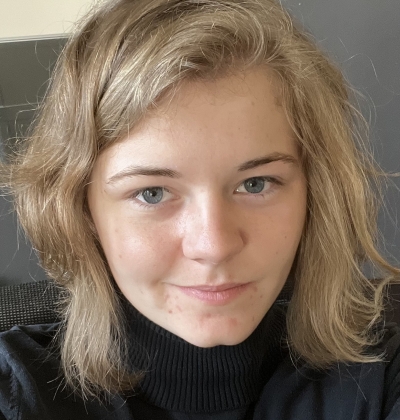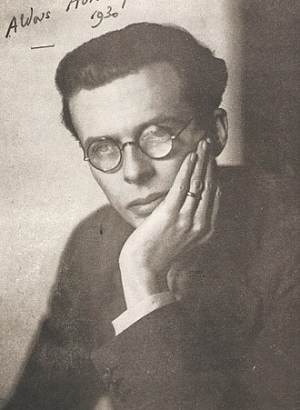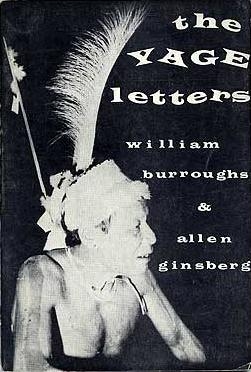
My English Honors Thesis: Chapter Three
So, actually, this "chapter" of my blog post series about my English thesis is going to cover two chapters of my actual thesis because I wrote an additional chapter. Oops.
Also, here are Chapter 1 and Chapter 2.
But the two authors are, despite all of their differences, writing (approximately) at the same time. And just as Aldous Huxley and William Burroughs wrote contemporaneously despite producing vastly different material, I'd be remiss if I didn't mention that a lot of seniors are doing honors theses and other capstone projects alongside me. Spencer (whom I've interviewed about the history major) is polishing up his amazing rhetorical analysis of English Naval sermons during the Interregnum. Eliza, another senior fellow and English major, is writing about narrative constructions of madness in Victorian gothic novels. And I have friends writing and researching on everything from natural history to hip-hop in the Philippines to lead in baby teeth from the 1950s. I cannot stress how accessible independent study and projects are at Dartmouth if you want to do them. Just as I have had multiple professors go out of their way to advise me, read and comment upon my work, and help orient me in unfamiliar areas of study, so too have I heard from my friends and acquaintances that they are well-supported in their projects, whatever those may look like.
But you want to hear about Aldous Huxley and William Burroughs, right? (Right!) Well, you might've heard one or both of those names before, so here's a quick primer. Aldous Huxley, most famous for writing Brave New World, was quite the prolific writer. He wrote not only novels, short stories, and plays, but also essays; he also compiled an anthology of mysticism called The Perennial Philosophy. He was deeply interested in restoring transcendental experiences to modern life, and he also was something of a utopian, in the sense that he wanted to develop a set of ideas and tools that could improve society. Amidst his skeptical explorations of both traditional scientific fields and fringe theories like Scientology and ESP, he read about a hallucinogen called mescaline. He wanted to try it. And try it he did, in an experimental environment and under the guidance of a premier research doctor. The experience changed the trajectory of the rest of his life. He wrote about mescaline, first in the famous essay "The Doors of Perception" and later in utopian novel Island. While he didn't believe psychedelics (he helped come up with that word!) were a cure-all, he did think they could play a part in helping everyone connect with a larger universal Being, a latent but hard to access undercurrent in our everyday lives.

Where Huxley was well-respected, famous, and proper, William Burroughs was an infamous criminal wanted in several countries, his books censored for obscenity and his antics frequently offensive. He's often classified among the Beat Generation, and indeed he was a close friend and mentor to Jack Kerouac and Allen Ginsberg; he even shows up in their work. But he himself wrote several incredible books, and his style underwent many mutations, from the semi-autobiographical to the satirical to the Avant Garde and back again. For the purposes of my thesis, I mainly focus on his Yage Letters, written with Allen Ginsberg, in which Burroughs implies it is the psychedelic yage (also known as ayahuasca) that has caused his new collage-like experiments with his writing.

And while I could talk about these guys for… well, probably at least 60 double-spaced pages, seeing as that's the amount of space their respective chapters take up in my thesis, I instead want to talk about why I am doing this project. Interest, firstly, and I will likely never get a chance to write something like this again. But also, what theses and other independent research projects allow you to do as an undergraduate is undertake a prolonged research project for the first time in a relatively low-stakes environment. When I'm in law school, I'll need that skillset—not only the writing ability, but the know-how to find and organize materials for a large, ongoing research question. You learn best by doing, and that's what this is—actively trying for yourself something a lot of people don't get to do until graduate school or their career. It's a little headstart that can mean a lot.

















